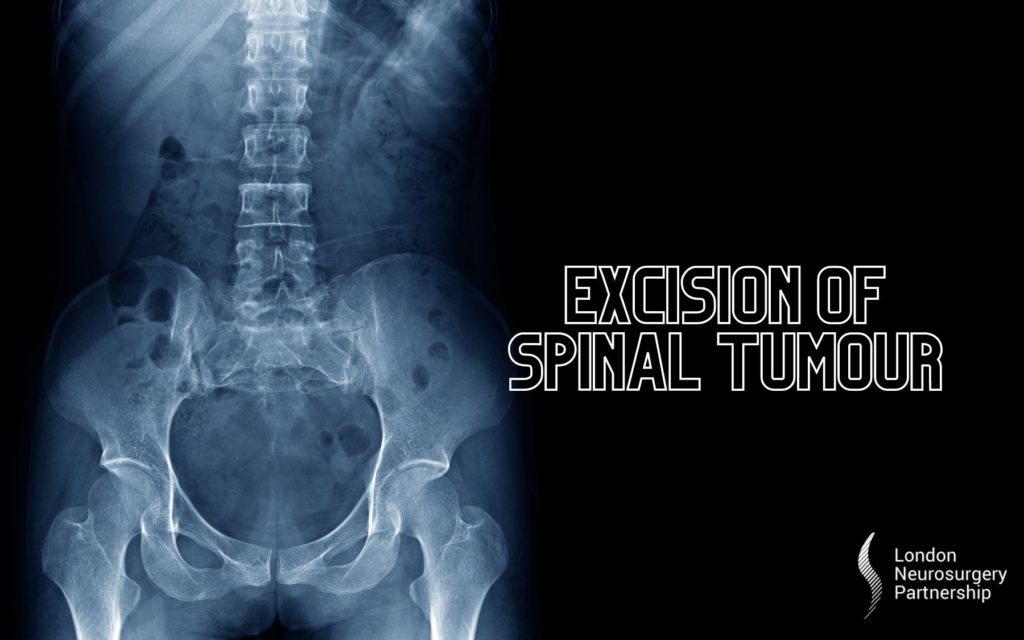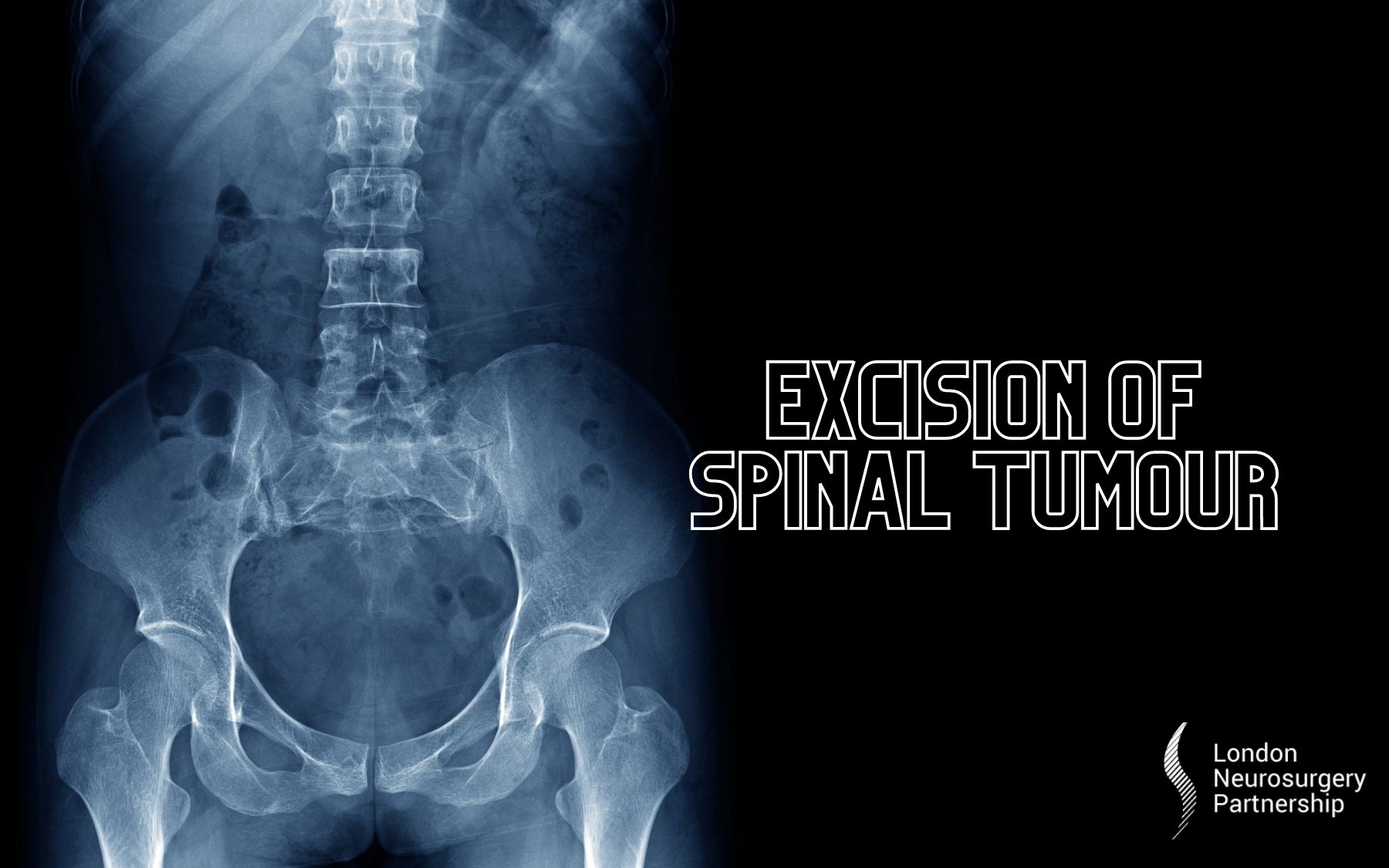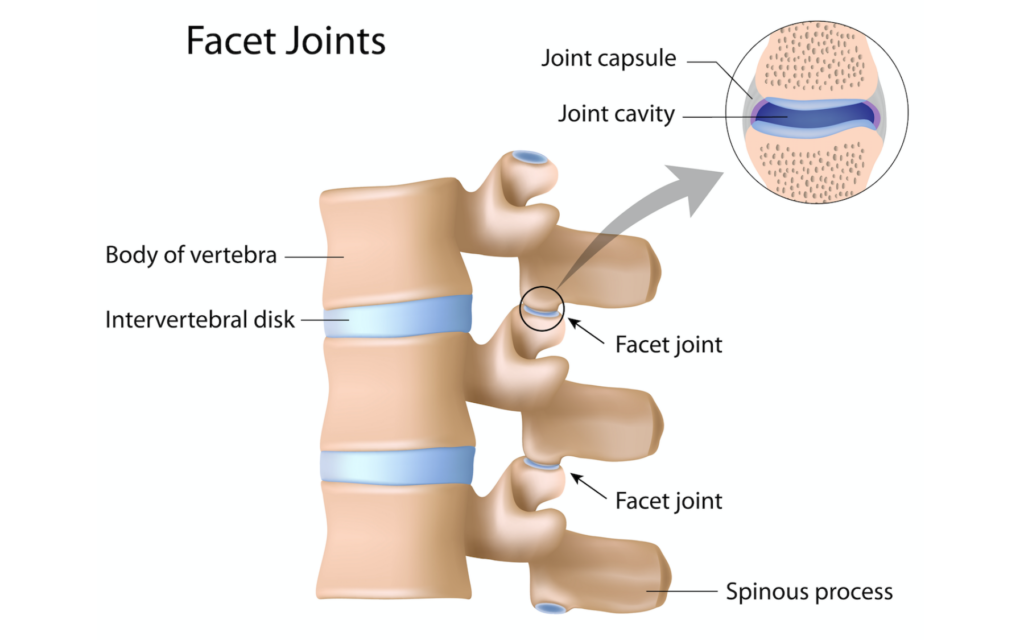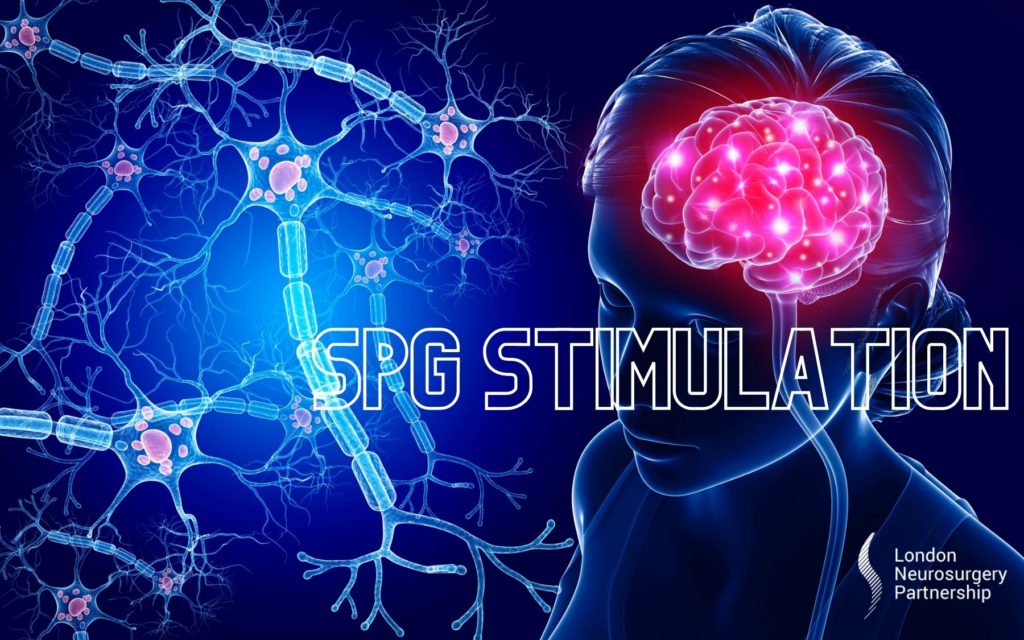
Excision of spinal tumour
Excision of spinal tumour means the removal of a tumour that has grown in the spine this can include the bones of the spine (vertebrae) or the spinal cord.
There are a number of different types of tumours that can grow in the spine; some are benign (non-cancerous) whereas others are malignant (cancerous). Some of the spinal tumours originate from the spinal cord or brain itself (primary), whereas other may spread from a cancer in another part of the body (metastatic). Primary spinal tumours are, thankfully, very rare.
You may be recommended to have an excision of spinal tumour if the tumour is putting pressure on the spinal cord and therefore affecting quality of life and causing discomfort. Find out more about metastatic spinal cord compression here.
Knowing that you need to have any surgery can be a very stressful and scary time, especially if it is spinal surgery. It is extremely important that you ask your surgeon all the questions you have! They are there to help you every step of the way.
This procedure is done under general anaesthetic, meaning that the patient is asleep throughout the procedure and does not feel anything. During the procedure, your surgeon will use active neuromonitoring to monitor motor function. This is done to help reduce the risk of any long-term damage to the spinal cord. Once all or as much as possible of the tumour has been removed, the incisions are stitched up and covered.
After the surgery you will be sent to the recovery ward and given pain medication. You will be encouraged to walk around soon after the procedure; our team will be there to support you. It is likely that you will need to stay in hospital for a few days after; the nurses will tell you what to do at home before you leave.
If you would like to speak to our team about excision of spinal tumour or diagnosis of a spinal tumour, please call us on 0207 034 8709 or email us at info@londonneurosurgerypartnership.co.uk
This article is intended to inform and give insight but not treat, diagnose or replace the advice of a doctor. Always seek medical advice with any questions regarding a medical condition.






0 Comments